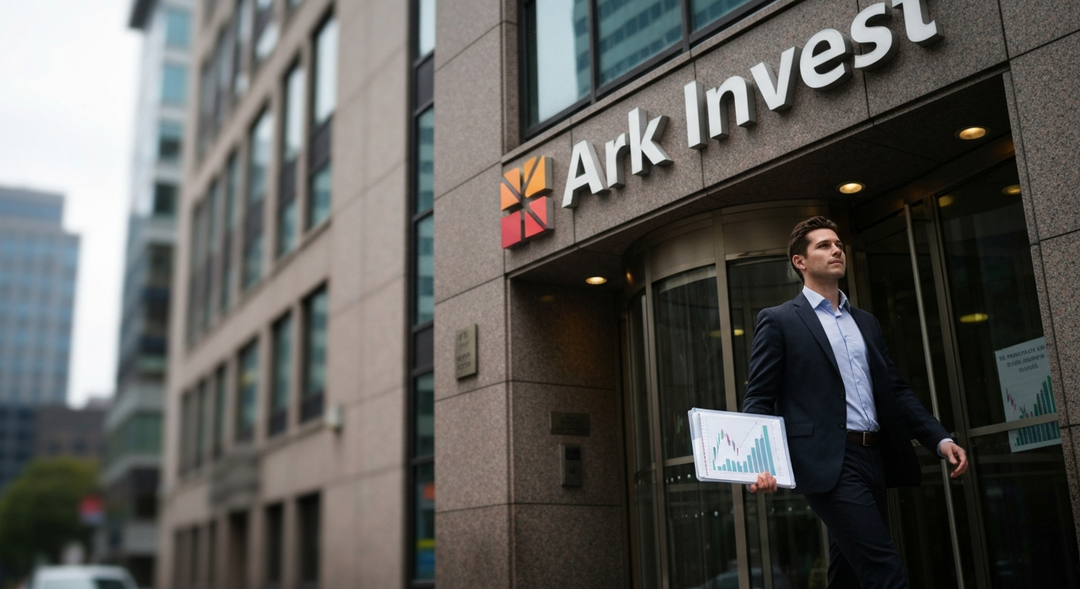Brian Quintenz and Tyler Winklevoss have captured attention in crypto circles. Their recent clash highlights the growing tension between regulators and industry leaders in the digital assets space.
The latest chapter unfolded after Quintenz, nominated to chair the Commodity Futures Trading Commission, publicly shared private chat messages with Tyler Winklevoss. This rare move put the usually behind-the-scenes discussions between regulators and business titans squarely in the spotlight. The incident emerged just as the US Senate was considering Quintenz’s confirmation, showing how the lines between public office, private dialogue and industry lobbying can easily blur.
At the heart of the exchange was Gemini, the prominent crypto exchange founded by twin brothers Tyler and Cameron Winklevoss. Gemini recently settled a dispute with the CFTC’s Inspector General, a case that had drawn broader industry attention. Winklevoss reportedly reached out to Quintenz to discuss details around Gemini’s complaint and to seek clarity on where the would-be CFTC chairman stood on supervising such matters.
Quintenz’s response, according to the shared messages, was that it would be more appropriate for a fully confirmed CFTC chair to weigh in at a later stage rather than during the nomination process. He refrained from promising any specific outcomes or changes to enforcement policy. This reticence, some observers suggested, stemmed from the sensitive nature of both his nomination and the potential regulatory changes at stake for the entire crypto sector.
The timing could hardly have been more delicate. The Senate Agriculture Committee, responsible for advancing Quintenz’s nomination, twice delayed pivotal votes during July. The White House had requested the hold, a move that lacked initial public explanation. Later, Winklevoss acknowledged he had directly lobbied for this pause, intensifying speculation about the influence that major crypto figures wield in regulatory appointments.
If confirmed, Quintenz would take the helm of the CFTC just as the agency prepares for an expanded role. The CFTC is widely predicted to become the country’s leading overseer of spot cryptocurrency markets. With Acting Chair Caroline Pham soon expected to depart, leadership could become unsettled at a time when clear direction is needed most. The leadership vacuum might complicate efforts to update or enforce rules in the rapidly evolving sector.
Amid these developments, Quintenz said that he had never before considered making private communications public. He explained that he wanted to make his decision-making process transparent, believing there may have been misunderstandings at higher levels of government about his stance. Sharing the texts with Winklevoss, he argued, demonstrated what was actually exchanged and what lines he was unwilling to cross in terms of promises or policy concessions.
The move was met with both surprise and curiosity by industry insiders. Observers questioned whether this step would help or hinder Quintenz’s confirmation chances, as the release broke with standard norms of confidentiality and discretion in the lead up to a Senate vote. There was also speculation over what exactly Winklevoss wanted—whether it was to end what he called “lawfare” against Gemini or simply to assess how favorable new leadership might be to the crypto industry.
From Quintenz’s side, the political calculation seemed clear. Making commitments during the nomination process could later require recusal or invite further scrutiny, particularly if details became public before the Senate had voted. He insisted that he needed to step into the official role to get a full picture of the agency and refused to be drawn into debates about Gemini’s case outside formal channels.
The questions swirling around this episode point to larger themes in digital finance. Government officials increasingly face pressure from multiple sides—industry lobbying, White House priorities, and legislative oversight—especially as the United States moves toward a future with cryptocurrencies more firmly under federal purview. The balance between transparency, influence and good governance will only become more important in the coming months.
Those watching the crypto sector’s intersection with policy have noted that regular meetings, hearings and votes can be quickly derailed by controversy or lobbying. As the appointment of the next CFTC chair remains in limbo, the sector will look for signals about how regulatory attitudes may shift, and whether new leadership will usher in more business friendly approaches or hold firm to existing enforcement strategies.
For anyone interested in participating in the crypto economy without running into regulatory uncertainty, options like cloud mining have gained attractiveness. Platforms that enable users to Start Cloud Mining have made it possible to contribute to and profit from digital assets without the complexities of owning and maintaining hardware. As the landscape of oversight changes, approaches like these offer individuals and businesses new ways to engage with cryptocurrencies in a way that is accessible and scalable.
Conclusion
The exchange between Brian Quintenz and Tyler Winklevoss reveals how personal interactions and policy considerations can intersect at the highest levels of the digital currency world. As the Senate continues to weigh Quintenz’s confirmation, the eyes of both regulators and crypto participants remain fixed on the evolving dynamics between key decision makers and industry leaders.
Looking ahead, the eventual outcome of this nomination process may set precedent for how transparent, accountable and fair regulatory appointments will be made as cryptocurrencies become more central to the financial system. The dialogue between Quintenz and Winklevoss may be only the opening act in a broader conversation about the future rules of digital finance.

Ewan’s fascination with cryptocurrency started through his curiosity about innovative technologies reshaping the financial world. Over the past four years, he has specialized in cloud mining and crypto asset management, diving deep into mining contracts, profitability analysis, and emerging trends. Ewan is dedicated to helping readers understand the technical and economic aspects of crypto mining, making complex information accessible and actionable.




